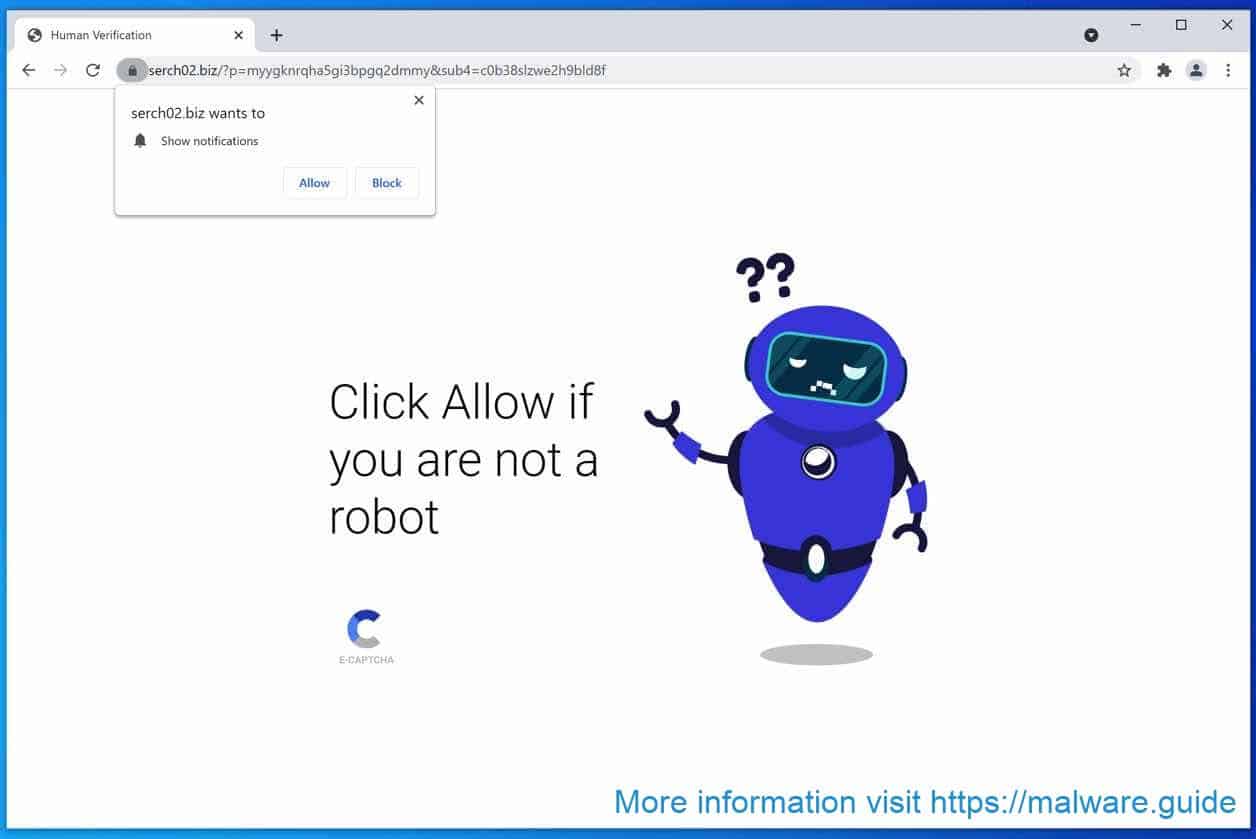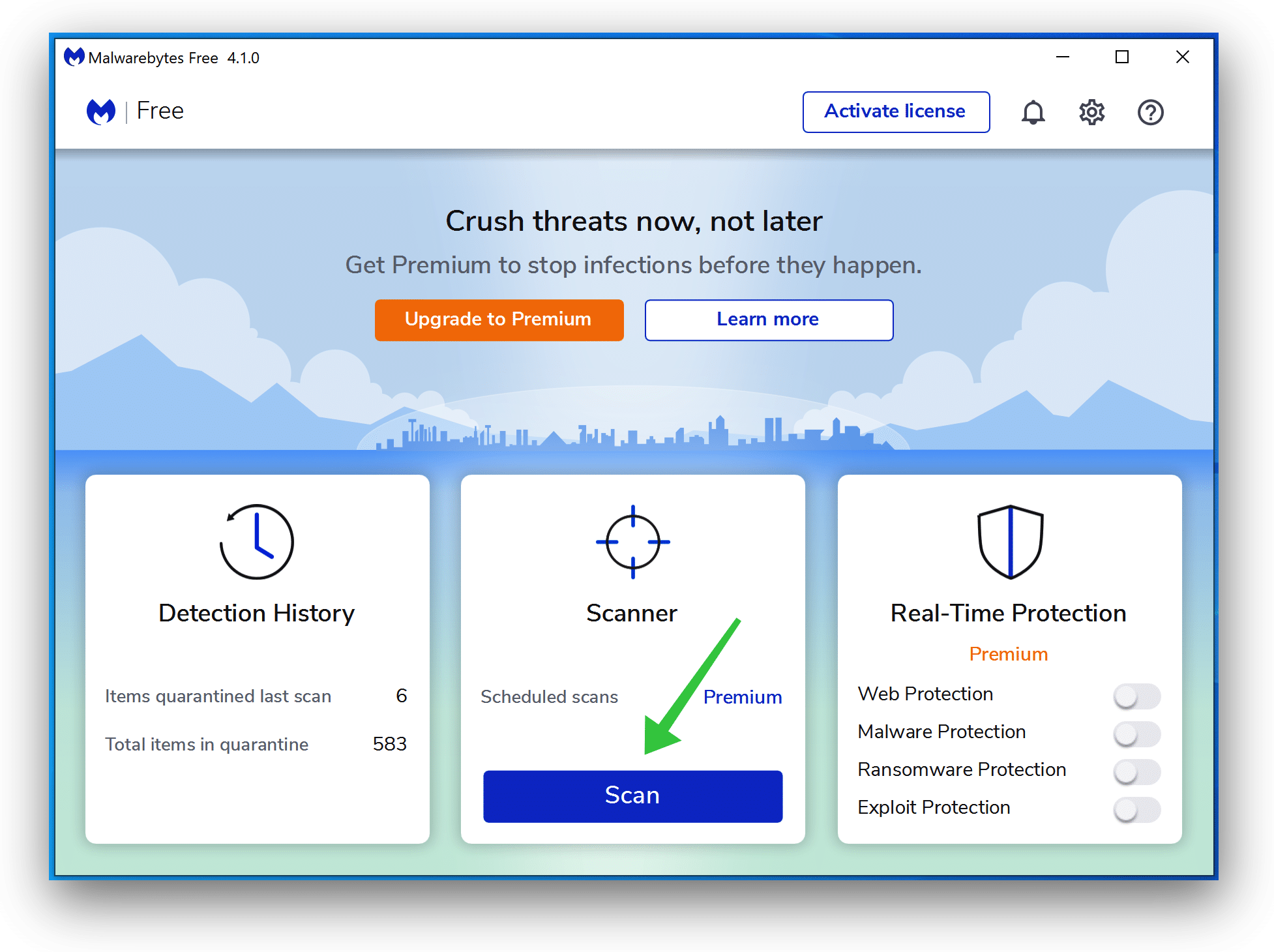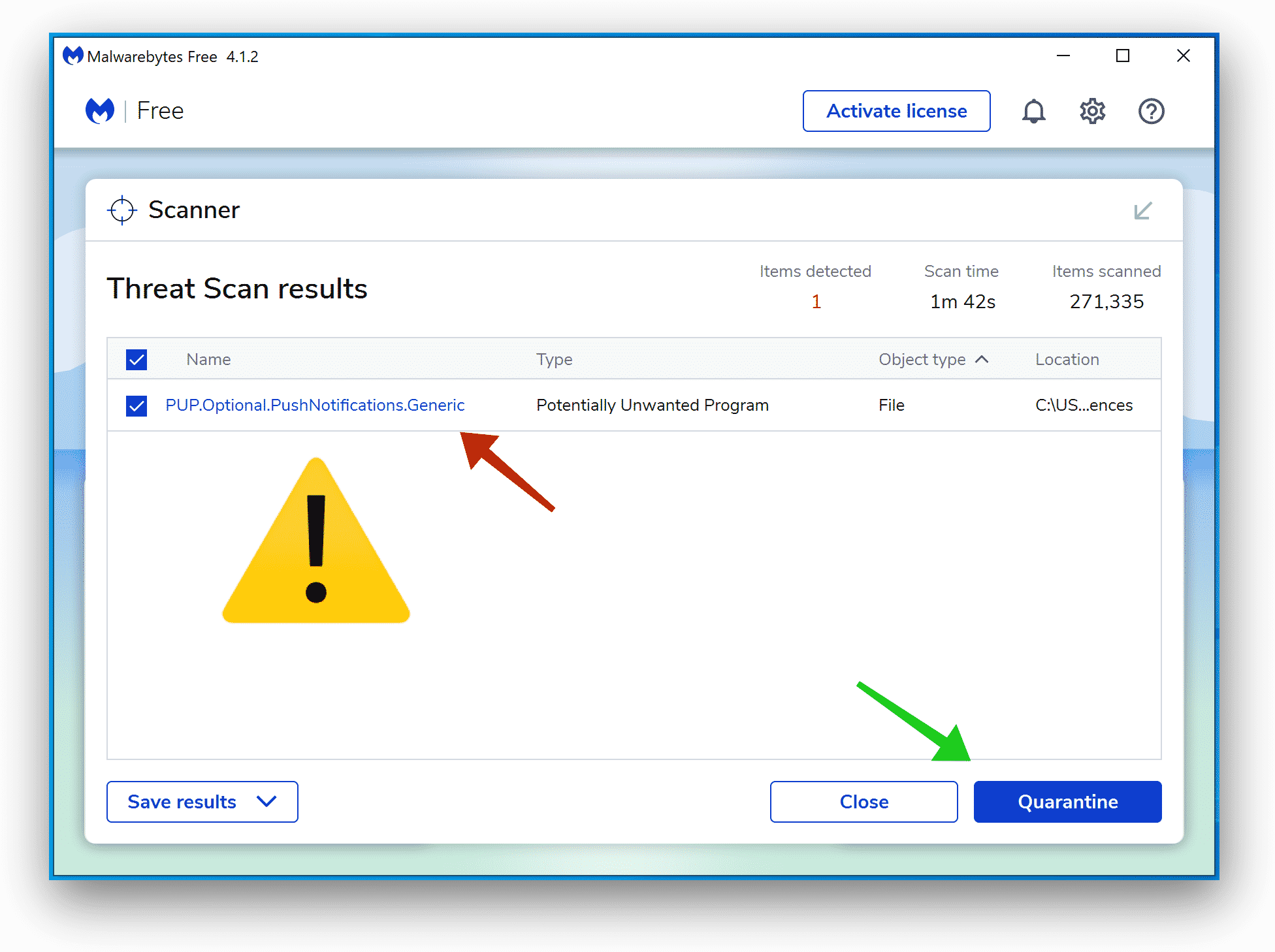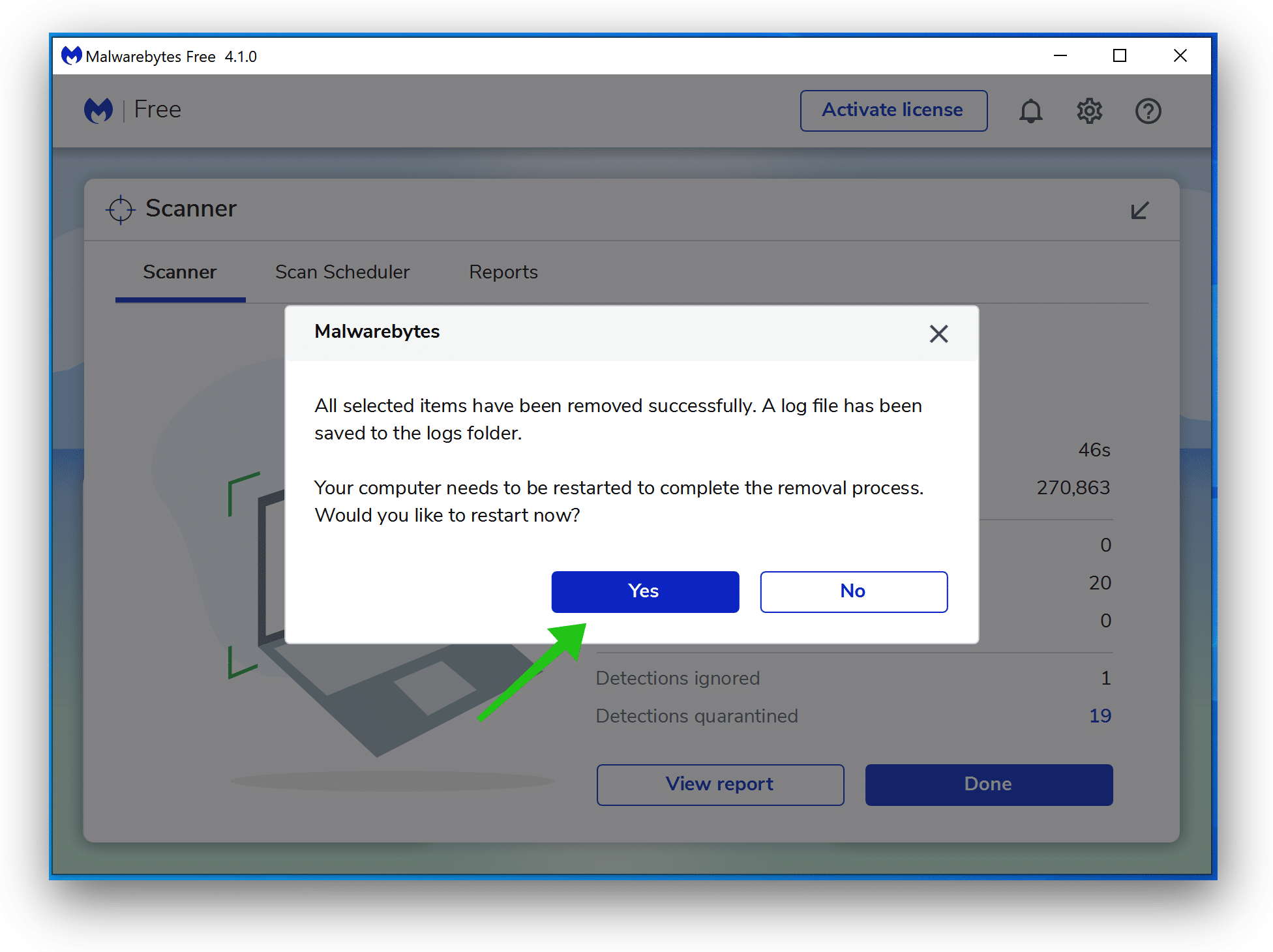Serch02.biz is a fake website. The Serch02.biz website displays a notification to receive notifications through the web browser. If you have accepted these notifications from Serch02.biz through the web browser, advertisements are displayed on your computer.
Notification sent through Serch02.biz mainly consist of fake notifications. The notifications sent by Serch02.biz through your web browser, depending on your location based on your IP address. If you receive the notifications from Serch02.biz then you should never click on these notifications.
The Serch02.biz sends a notification request with a fake notification attached to it to convince you to click on this notification. In reality, you are accepting the request to allow notification messages through your web browser.
Most visitors to Serch02.biz do not visit the Serch02.biz website directly. In most cases, computer, tablet or phone users have redirected via rogue advertising networks that in turn cause the browser to land on the Serch02.biz website.
It is essential to check your computer for the presence of viruses after infection with Serch02.biz. Ads sent by Serch02.biz contain ads that redirect users to websites that try to infect your computer with a computer virus.
Remove Serch02.biz

 Remove Serch02.biz from Google Chrome
Remove Serch02.biz from Google Chrome
Open the Google Chrome browser, in the address bar type: chrome://settings/content/notifications
or follow the steps below.
- Open Google Chrome.
- In the top-right corner, expand the Chrome menu.
- In the Google Chrome menu, open Settings.
- At the Privacy and Security section, click Site settings.
- Open the Notifications settings.
- Remove Serch02.biz by clicking the three dots on the right next to the Serch02.biz URL and click Remove.
Serch02.biz successfully removed? Please share this page on social media or on a website and help other people. Thank you!
 Remove Serch02.biz from Android
Remove Serch02.biz from Android
- Open Google Chrome
- In the top-right corner, find the Chrome menu.
- In the menu tap Settings, scroll down to Advanced.
- In the Site Settings section, tap the Notifications settings, find the Serch02.biz domain, and tap on it.
- Tap the Clean & Reset button and confirm.
 Remove Serch02.biz from Firefox
Remove Serch02.biz from Firefox
- Open Firefox
- In the top-right corner, click the Firefox menu (three horizontal stripes).
- In the menu go to Options, in the list on the left go to Privacy & Security.
- Scroll down to Permissions and then to Settings next to Notifications.
- Select the Serch02.biz URL from the list, and change the status to Block, save Firefox changes.
 Remove Serch02.biz from Edge
Remove Serch02.biz from Edge
- Open Microsoft Edge.
- In the top right corner, click on the three dots to expand the Edge menu.
- Scroll down to Settings.
- In the left menu click on Site permissions.
- Click on Notifications.
- Click on the three dots on the right of the Serch02.biz domain and Remove.
 Remove Serch02.biz from Safari on Mac
Remove Serch02.biz from Safari on Mac
- Open Safari. In the top left corner, click on Safari.
- Go to Preferences in the Safari menu, now open the Websites tab.
- In the left menu click on Notifications
- Find the Serch02.biz domain and select it, click the Deny button.
Continue to the next step.
 Remove Serch02.biz adware
Remove Serch02.biz adware
Malwarebytes is a comprehensive malware removal tool and Malwarebytes is free to use.
Malicious websites such as Serch02.biz redirect you to dangerous advertisements that advise adware applications, the Serch02.biz website also redirects the browser to other malware such as crypto miners and various exploits. Make sure to completely clean your computer from malware with Malwarebytes.
Install Malwarebytes, follow on-screen instructions.
Click Scan to start a malware-scan.

Wait for the Malwarebytes scan to finish.
Once completed, review the push notification detections.
Click Quarantine to continue.

Reboot Windows after all the detections are moved to quarantine.

You have now successfully removed adware and other malware from your computer.
How to prevent Serch02.biz virus
If your computer is not adequately secured, viruses and other malware can sneak into your computer in many different ways. This can occur by clicking on a hyperlink that takes you to a website that puts malware on your computer without you knowing it. Or by opening an email message that is infected with a virus or spyware.
Indications that your computer may be infected with a computer virus are:
- You get warnings from friends or colleagues that you are sending strange emails to them, such as with advertisements.
- Your computer is noticeably slower and crashes more often, such as every few minutes, and then restarts.
- Your computer is doing calculations while you have not given any instructions yourself.
- You see – for example while surfing the Internet – constant pop-ups that you did not ask for.
- You get strange and unknown browser notifications.
- Your firewall or virus scanner is sometimes switched off automatically.
- Your hard drive has been (partially) erased.
- Unbeknownst to you, there are files stored on your computer that you don’t know about.
- There are new icons on the desktop that you did not place yourself.
- Your Internet browser home page has been changed to a strange homepage that you did not set up.
- If you type in a wrong URL, you end up on the same, often commercial, website every time.
- When searching the Internet via a search engine, you see advertising instead of the desired search results.
- There is a new toolbar in your browser that you did not ask for.
Read more: How to know my computer has been hacked?
Nothing can completely guarantee the safety of your computer. Still, you can do a lot to lower the chances of getting a computer virus or malware.
It is essential to keep your antivirus software current with the latest updates (usually called antivirus definition files), allowing it to identify and remove the latest malware from your computer.
You can continue to improve your computer’s security and lower the possibility of infection by using a firewall, keeping your computer updated, keeping up with your subscription to antivirus software, and following some recommended procedures. For detailed information on how to avoid infection, go to the Microsoft Windows website.